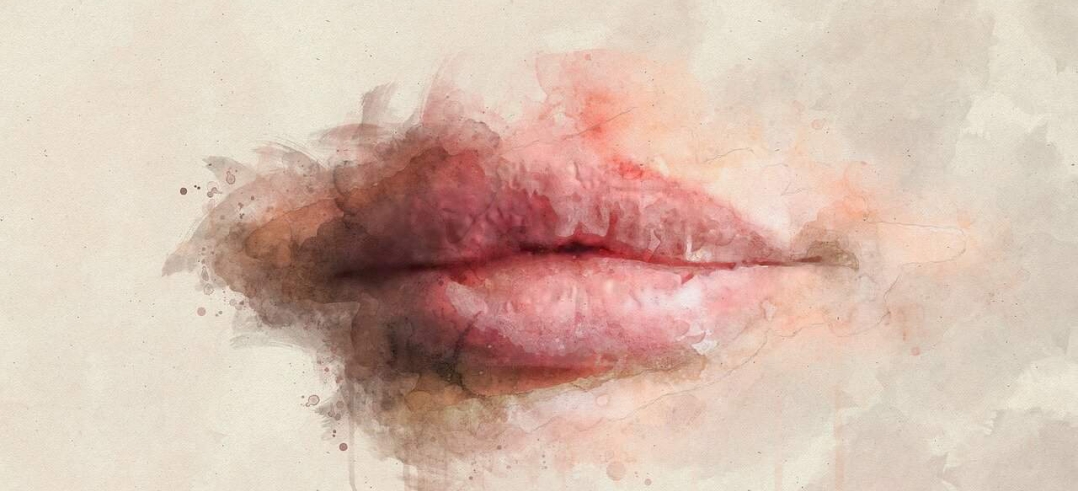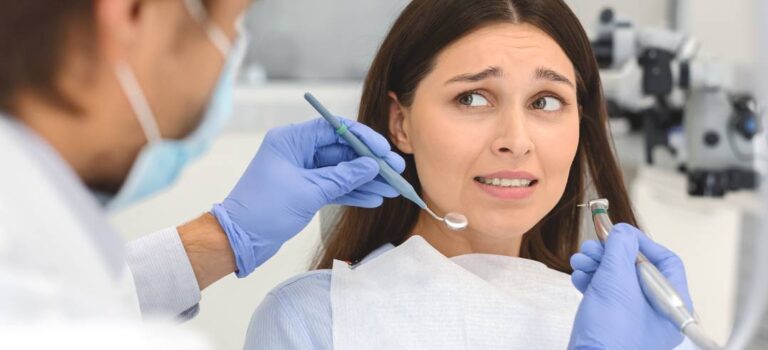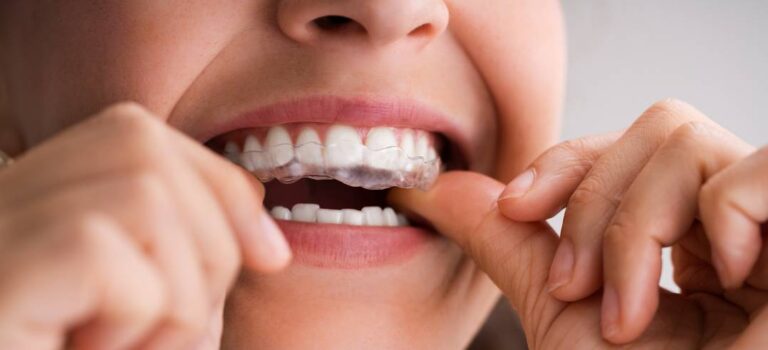Dry mouth is a condition also known as xerostomia. It caused when the salivary glands in the mouth are not in a position to produce enough saliva or when they are not functioning well. Individuals having dry mouth may experience difficulties to swallow, talk, eat or taste the food. This condition is more common for elderly people, especially when they take unprescribed medication.
Common Signs Of A Dry Mouth
There many signs of dry mouth that may be seen gradually they include:
- Bad Breath
- Having Taste Disorders
- Persistent Gum Disease
- Cracking Lips
- Fungal Infection
- Tongue Ulcers
- Sticky Saliva
- Speaking Problems
- Sore Throat
- Frequent Thirst
- Mouth Inflammation
Managing Symptoms
The following are some remedies you should know about the dry mouth;
Brush Twice Daily
Brushing your teeth at least twice helps to avoid cavities and tooth decay. This is more effective, especially when the brushing is done immediately after the meal. However, make sure to use fluoride toothpaste and gentle toothbrush.
Rinse Mouth Frequently
The victim should make it a culture to rinse their mouth with a mixture of baking soda and salt after taking a meal using warm water.
Avoid Smoking
By any chance, you are a smoker having a dry mouth; you don’t have an option but to quit smoking altogether. Tobacco products contain substances that are among the causes of dry mouth conditions.
Drink Water More
A high amount of water intake can be an excellent remedy to keep your mouth hydrated by taking regular small sips of water often. Avoid by all means alcohol, caffeine drinks, and acidic juices.
Other measures include restraining to breath through the mouth, avoiding mouthwash consisting of alcohol, drinking non-carbonated drinks and utilizing humidifier to increase moisture content in your bedroom.
Treatment Of Dry Mouth
Stimulating Saliva Production
Medical experts strongly recommend the following to boost saliva production in the mouth; replacement of lost secretion, treating any possible infections and removal of dental carriers. Flossing is highly recommended too.
Medication
This is the most appropriate action a person having dry mouth can do. They should consider visiting dental experts who will make a prescription of the most appropriate medication for this condition.
How Is the Diagnosis Of Dry Mouth Made?
Besides taking a close look at prevailing symptoms of dry mouth condition, the dentist or the doctor can take some blood samples, review the previous medical history of the victim or scan the salivary glands. Additionally, the following measures can be considered;
- Saliography – This involves examining salivary ducts and glands to find out if they are working well.
- Sialometry – This is a procedure for evaluating the rate of flow of saliva in the mouth.
The above is what you should know about dry mouth, so by any chance you have such symptoms then consider visiting a dentist before the conditions become worse. Remember ignoring to seek medical attention of dry mouth can cause malnutrition since, during that time, eating may be a big challenge.





